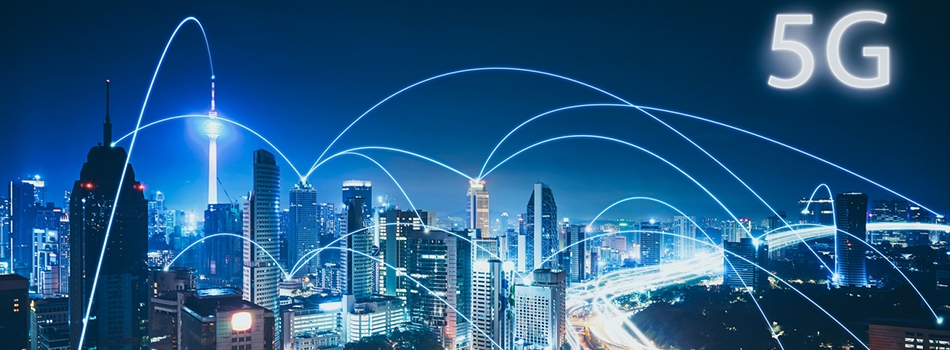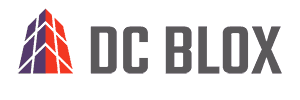
For the fourth time in the history of telecommunications, the world’s providers are looking at implementing a completely reimagined generation of service. A project the size of our planet, 5G, is in a state of accelerated development and deployment as industry experts and users alike are eager to reap the benefits of a revamped wireless architecture.
This development, next in the line of wireless generations, will be the fastest, most robust wireless technology the world has known and is set to launch a new technological revolution. Offering a range of benefits including the ability to support up to twenty times higher speed and five times reduction in latency in real world scenarios, 5G is making this new wave of wireless a backbone for new and improved self-driving cars, virtual and augmented reality experiences and advancements for IoT, smart buildings and smart cities. This next generation, according to IHS Economics and Technology reports, has the potential to generate $12.2 trillion in global economic output by 2035.
While North America remains in the early stages of 5G and true, ubiquitous commercial roll-out is still a few years out, the global stage is already featuring 5G applications, albeit in limited forms. Consequently, many data centers and providers in the U.S. are keeping pace by doing early infrastructure preparation, which will help ease the eventual high volume, high speed data requirements. These preparations are causing visible shifts in the way the data center market operates and expands.
With speed as a priority, Edge networks and local computing are coming into focus as a key solution for the data center market, which will increasingly rely on building optimized centers at the Edge and bringing data processing closer to the end user. This trend towards a more widespread geographical footprint encourages the deployment of applications that depend upon 5G’s inherently lower network latency, effectively introducing a tiered data processing model. Local computing resources in Edge data centers handle immediate application responses, while a centralized tier (in the Cloud, for example) aggregates and analyzes data across many locations. The network capacity and resiliency needed to support high volumes of data coming in and going out of the data center then becomes crucial.
Burgeoning content requirements and hybrid cloud demands have already begun this market trend towards the Edge, but preempting any strain associated with 5G will be yet another motivator accelerating this move towards localized infrastructure. As the need for locally sourced content grows and data centers move closer to end users, the number of data centers will likely increase while size of the facilities will become more compact to accommodate more locations.
While this industry trend may be a burden for some industry players, the drive towards the Edge is still beneficial for many data center providers. Low-latency applications like online gaming and early IoT solutions have reliance on Edge proximity today, so data center providers are already on the move. Now, these providers are simply finding themselves with more incentive to roam further from legacy urban hubs and an increased ability to efficiently implement any future 5G advancements.
5G will drive a profound impact on the data center market. Before, infrastructure was centered in larger, more urban meccas of technology. Now, data center providers are trending away from major urban locations in favor of smaller growing cities. In fact, the area around Huntsville and Birmingham, Alabama has even been dubbed the “New Silicon Valley.” Subsequently, these burgeoning areas are finding themselves increasingly equipped by companies like DC BLOX, who is strategically focused on bolstering Southeastern Edge sites.
5G is a long-awaited and globally impacting advancement in the world of wireless. The data center market is feeling the pressure to accommodate accelerated network speeds, increased capacity and enhanced connectivity. However, the movement to the Edge is opening up a truly innovative repertoire of technology that is sure to change the way businesses and end-users alike interact with the world around them.
About DC BLOX
DC BLOX is a digital infrastructure provider in the Southeast that delivers integrated data center and fiber network solutions to enable hyperscalers, enterprises, communications providers, and technology companies to offer enhanced digital services to their customers and accelerate the region’s economic growth. DC BLOX’s data centers are located in Birmingham, AL; Huntsville, AL; Chattanooga, TN; Greenville, SC, and a cable landing station in Myrtle Beach, SC, with several others in development. For more information, please visit www.dcblox.com, call +1.877.590.1684, and connect with DC BLOX on X, LinkedIn, Facebook and Instagram.
Media Contact:
iMiller Public Relations for DC BLOX
Tel: +1.866.307.2510
Email: DCBLOX@imillerpr.com


